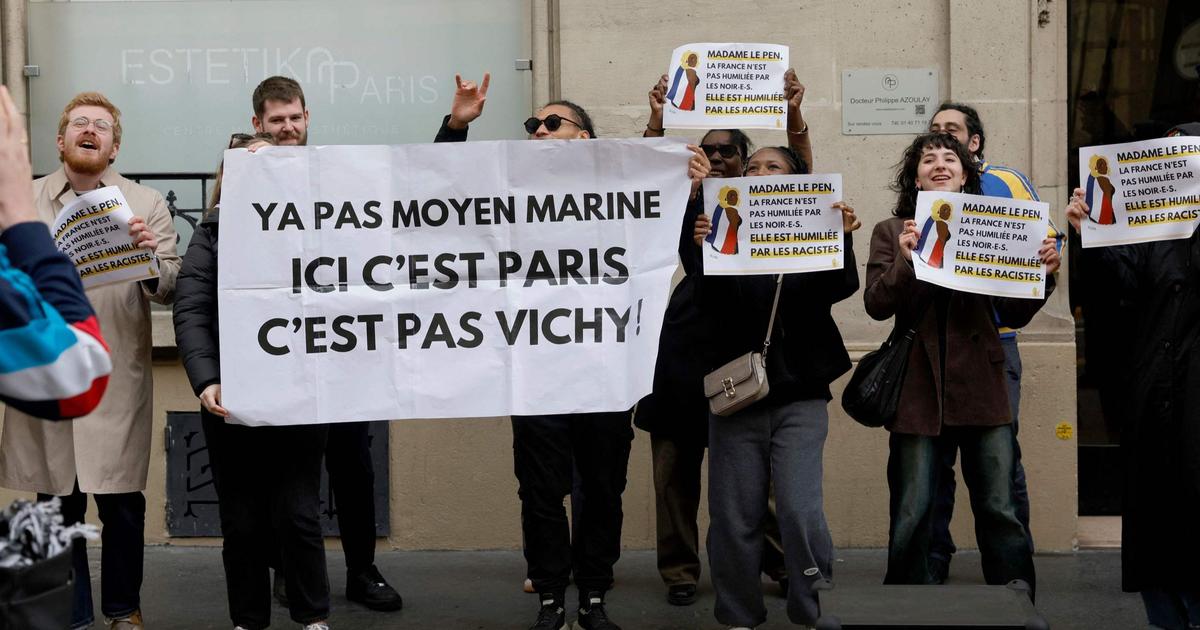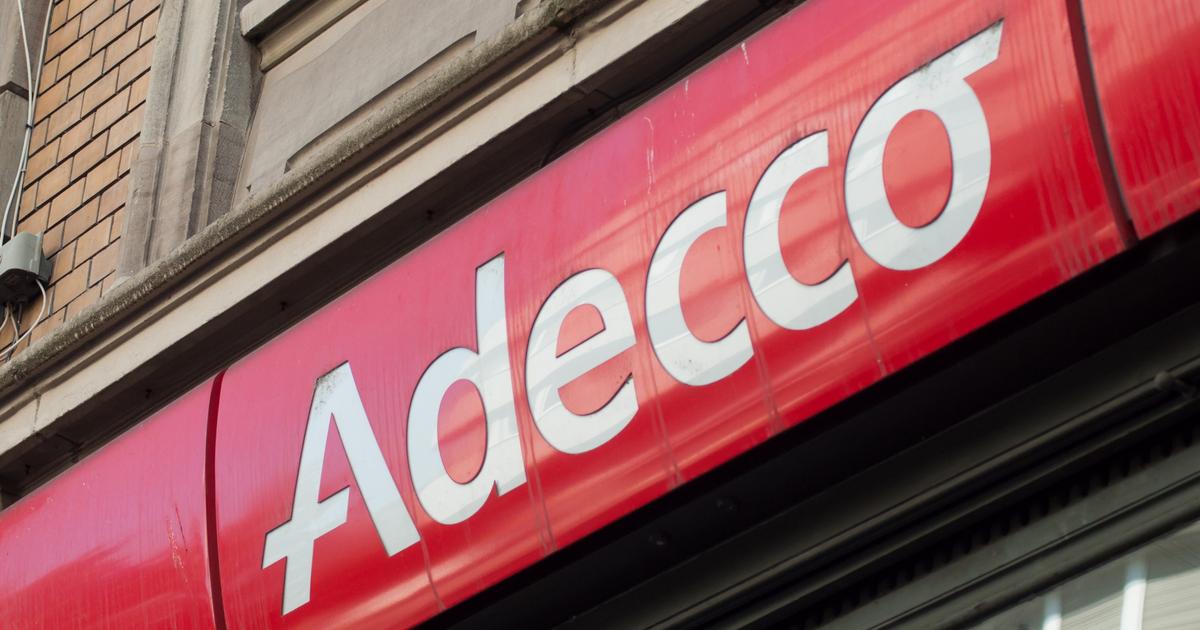Emblematic president of SOS Racisme from 1992 to 1999 and MEP supported by the French Communist Party, the Franco-Senegalese Fodé Sylla, 57, is now a traveling ambassador for Senegal. A great friendship linked him to Manu Dibango, who disappeared on Tuesday after contracting the Covid-19.
How do you feel when Manu Dibango dies?
FODÉ SYLLA. I am very sad. For me, he is a close friend, but also a world figure who disappears. I loved the musician very much, but especially the activist. He was involved in all the struggles for human rights, those of blacks and those of artists.
How did you get to know him?
I started dating him when I arrived in Paris in the early 1980s. I loved world music and he was its standard. He called me "little brother". And, even though he was much older than me, Manu and I both grew up in Sarthe. He in Saint-Calais, where he had also launched a jazz festival, and I in Sablé-sur-Sarthe. This is one of the many reasons that explains our complicity. Whenever he could, he always made sure to come and play in "his" department. It was, moreover, to him that I first announced my intention to marry. He also supported me in all my difficult times.
VIDEO. Manu Dibango, famous saxophonist, died from coronavirus
How was he a committed man?
When SOS Racisme was created in 1984, he was present alongside Julien Dray and Harlem Désir, two of the founders of the movement. Better still, in 1998, when FN was holding a congress in Strasbourg, Manu had managed the tour de force to organize a concert in support of SOS Racism in the cathedral of the city. It was important for him to interact with people of all religions, starting with the Catholics.
Newsletter - The essentials of the news
Every morning, the news seen by Le ParisienI'm registering
Your email address is collected by Le Parisien to allow you to receive our news and commercial offers. Find out more
What were his other fights?
Artistically and civilly speaking, he built a bridge between Africa and Europe. In 2005, he supported the Representative Council of Black Associations in France, Le Cran. Professionally, he fought for the respect of intellectual and artistic property as well as the rights, protection and recognition of musicians. He also aroused the greatest pride of these, when he attacked Michael Jackson, who had used his hit "Soul Makossa" in his album "Thriller", but also Rihanna, for the same reason. Everything ended in financial arrangements. He was not afraid. It was David against Goliath.
Was he close to people?
It is nothing to say! When he lived in Paris, in the twentieth arrondissement, he sat down every Sunday morning in a cafe, the Canon of the Nation. People knew they could come and meet him and talk to him. Manu was a real sage. He even quit smoking for his 70th birthday. And in front of his table, it was a real parade! He was also attached to Champigny-sur-Marne, where he then settled in a pavilion. Curiously, I myself lived in the same city.
What lessons do you learn from his death?
The message that comes naturally to me is: "Confine yourself, if only as a tribute to Manu".









